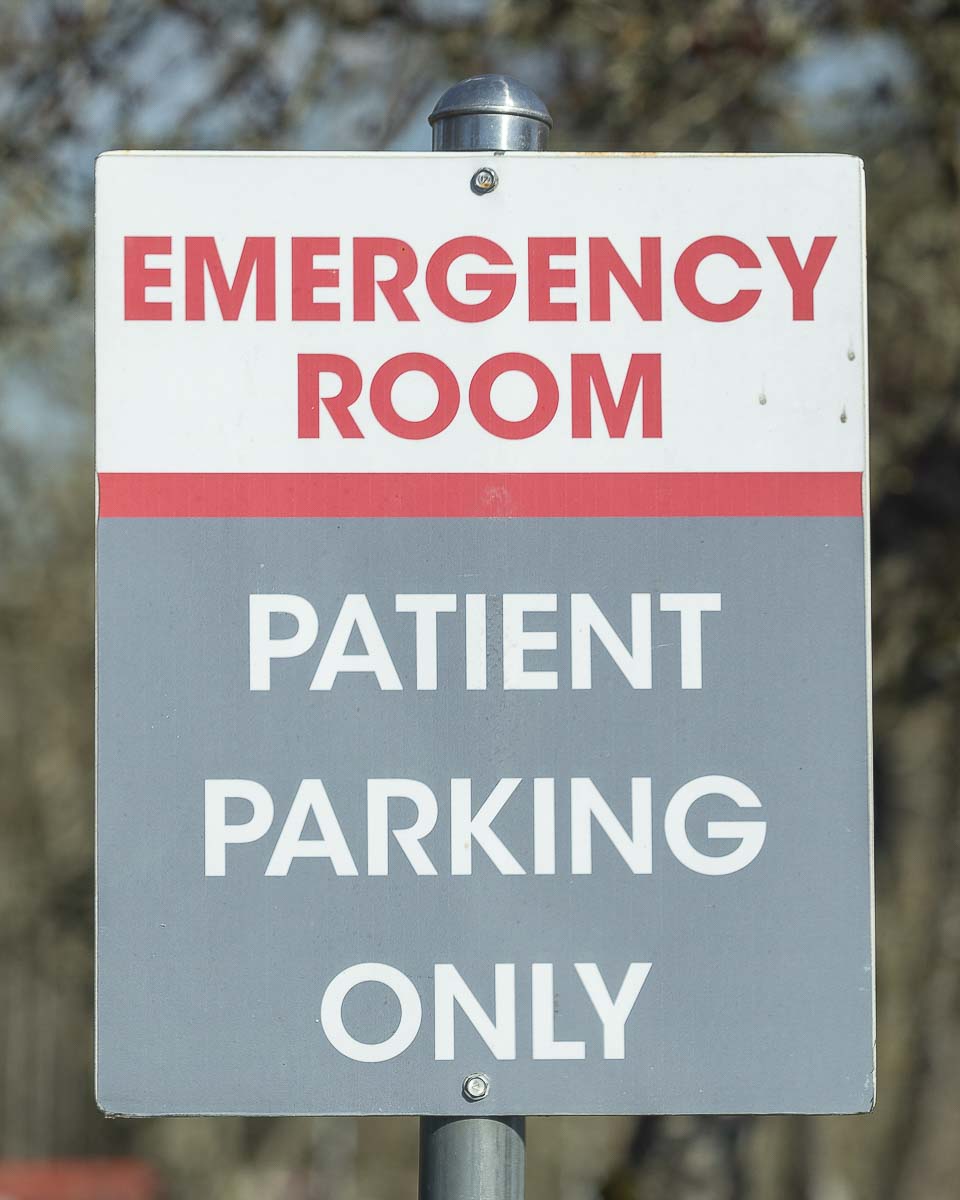Many are canceling non-urgent surgeries and procedures to free up doctors and space
CLARK COUNTY — Hospitals and clinics in Clark County are gearing up for potential COVID-19 cases by canceling some non-urgent and elective surgeries and procedures.

Legacy Health Systems said it is postponing non-urgent, elective surgeries, procedures, and well visits for at least two weeks, starting Wed., March 18 in order to “protect the health of our community.”
“After April 1, 2020 we will reassess and provide further guidance,” the hospital said in a statement. “We are committed to doing everything possible to stop the spread of COVID-19, and protect our patients, employees, providers, and communities. This action reduces the risk of exposure to COVID-19 and helps ensure we have the resources available to care for critically ill patients.”
Legacy Health also announced that routine in-person visits to hospital patients are being suspended as of today on all campuses, as well as restricting visitors to adult outpatient areas.
PeaceHealth Southwest announced similar restrictions, effective immediately.
“Exceptions to the policy generally include a guardian or support person to assist with a patient’s care, such as one (1) support person to help with mobility challenges or discharge instructions, one (1) designated support person for Emergency Department patients, two (2) parents of a minor patient, and two (2) support persons for end-of-life patients, and two (2) support person for Family Birth Center,” the hospital announced on their website.
The number of entry points to the hospital were also being restricted, effective immediately.

Kaiser Permanente also confirmed that all elective and non urgent surgeries and procedures are being postponed, as of March 16, in order to “ensure we have capacity and equipment to care for the potential of more critically ill patients.”
Melissa, a medical assistant in Clark County, who asked that her last name not be used, said all appointments not deemed medically necessary are being canceled for the next month.
“Some of us are worried about our families, and bringing this home to them,” said Melissa. “We are concerned for our elderly patients and what this is doing to them. We are worried, scared, concerned, but will do what is needed to get this virus to stop spreading and still take care of those in need.”
On Tuesday morning, Clark County confirmed its first two deaths related to the COVID-19 outbreak, an elderly husband and wife in their 80s who were being treated in isolation at PeaceHealth Southwest.
So far, there are only two other confirmed cases of COVID-19 in Clark County, though Public Health Officer Dr. Alan Melnick said the victims had not traveled recently, meaning the virus is actively being transmitted within the community.
Businesses across the state were closing or adjusting operations Tuesday in the wake of an executive order signed by Gov. Jay Inslee, banning dining in restaurants, pubs, or taverns, and any gatherings larger than 50 people.
As of Monday night, Washington had 904 confirmed cases of COVID-19, with 50 deaths, including the two in Clark County announced today.
While the majority of victims were 70 or older, the demographics of people testing positive for the infection has evened out.
According to data from the Washington State Department of Public Health, 50 percent of confirmed cases were over the age of 60, but another 41 percent were between the ages of 30 and 59. Only nine percent were in people under the age of 29.




